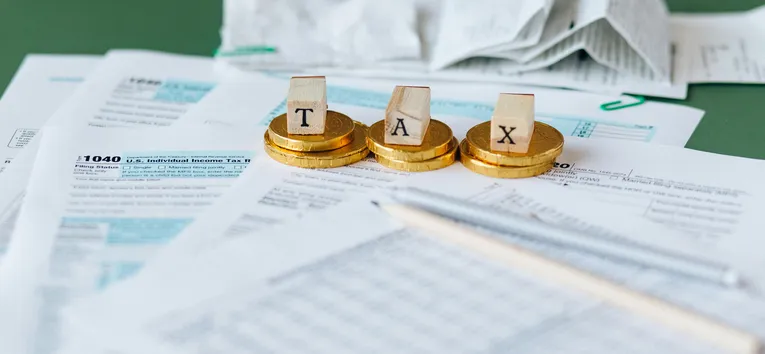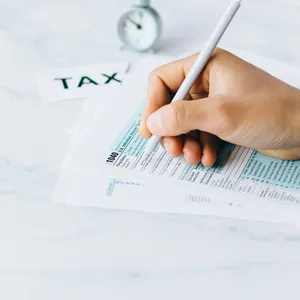Value Added Tax Laws
Value Added Tax (VAT) is a consumption tax imposed on the goods and services at each stage of the production and distribution. VAT laws vary across countries, and understanding which goods fall into different tax rate categories is important for businesses and consumers.
In this article, we'll show you the essentials of VAT laws, focusing on what goods can be sold at different rates.
Standard Rate Goods
The standard rate is the most common VAT rate and is applied to a wide range of goods and services. In many countries, necessities such as food, medicine, and education might be taxed at a reduced rate.
However, most other goods and services fall under the standard rate category. Businesses dealing in electronics, clothing, and non-essential services typically charge the standard VAT rate.
Reduced Rate Goods
Some goods are subject to a reduced VAT rate, designed to lessen the burden on certain sectors or to promote specific activities. Common examples include books, newspapers, public transportation, and sometimes energy-saving products. Understanding which goods fall into this category is essential for businesses to apply the correct rate and for consumers to know what to expect when making purchases.
Zero-Rated Goods
Zero-rated goods are not subject to VAT, but the sale of these items still contributes to the calculation of input tax for businesses.
Essential items such as certain food products, and sometimes medical equipment may be classified as zero-rated.
Businesses involved in the export of goods should be particularly aware of the zero-rating provisions to ensure compliance with VAT laws.
Exempt Goods
Exempt goods differ from zero-rated goods in that they are outside the scope of VAT entirely. This means that businesses dealing with exempt goods do not charge VAT on their sales, but they also cannot claim back any input tax. Examples of exempt goods often include certain financial services, healthcare, and education. Businesses in these sectors must carefully navigate the VAT laws to ensure proper compliance.
Special Rate Goods
In some cases, countries may introduce special rates for specific goods or sectors. This could be in response to economic conditions, environmental considerations, or other policy objectives. Businesses operating in industries affected by special rates need to stay informed about changes in legislation to avoid non-compliance.
Conclusion:
Navigating VAT laws and understanding which goods fall into different tax rate categories are essential for both businesses and consumers. As VAT laws can vary significantly from one country to another, it is advisable for businesses to seek professional advice to ensure accurate and up-to-date understanding and implementation of VAT regulations.






